Minimum Viable Knowledge is the amount of information that you need to know about a subject to operate effectively in that domain. Tim Ferriss is the master of how to achieve the minimum effective knowledge on any topic quickly, easily and elegantly.
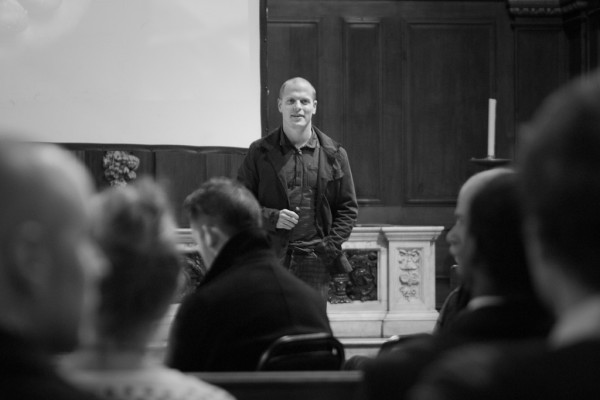
Learning how to learn is one of the main things that makes a good business person into a great thinker. All the things that can hold back a natural strategist, become a strength once you can articulate and accelerate the way that you absorb and process information. Being a polymath is often considered a weakness until you become a credible specialist in being a generalist. Tim has created a robust system for something that a good Renaissance Man has always known: how to quickly learn just enough about something to be dangerous.
Last night, I finally got to meet Tim Ferriss in person. He’s a friendly, casual and down to earth guy. He shared some really interesting war stories from his adventures in self-hacking, quantified self and entrepreneurship. I was particularly inspired by the way that Tim uses his community to help build, iterate and promote his products. For example, the cover designs for the Four Hour Body or the trailer for the Four Hour Chef.
Meta Learning
Tim Ferriss has always been a master of meta-learning, meta-cognition and meta-communication. His earlier books The Four Hour Work Week and The Four Hour Body were real inspirations for me when I first moved to London. He is a master of spotting a trend and decomposing it to understand, reverse engineer and then amplify it.
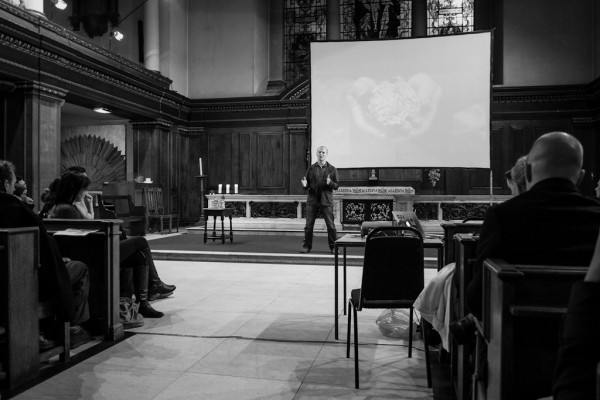
Tim’s new book The Four Hour Chef uses cooking skills as an entry point to teach the reader how to learn something faster. I’ve been using a new term to describe the amount of time that it takes a brand strategist to understand enough about a client industry to ask thought provoking questions and to provide robust strategic advice. I call this metric “Time To Minimum Viable Knowledge”. Reading the Four Hour Chef could knock hours or days of a strategist’s TTMVK. Once you know how to learn about something faster, then you can spend more time on analysis, creativity and communication.
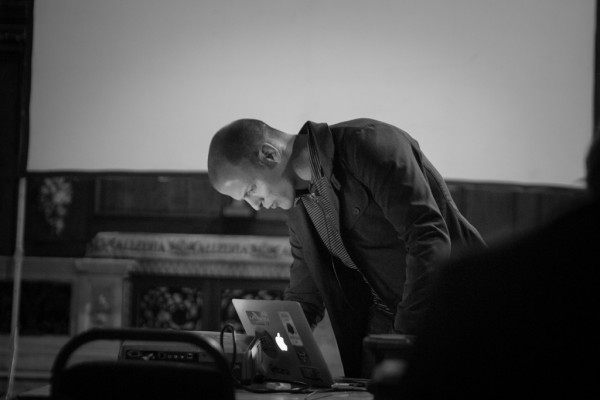
Speed to minimum viable product in a business
In the Four Hour Workweek, Tim set out lots of ways to get to the Minimum Viable Product (which is a term associated with the Lean Startup movement). Once you have a startup up to a basic product level, then the game becomes about how quickly you can iterate and adjust to change. I love the idea of making a business focussed on speed and adaptability. Many of my corporate clients are in industries that can change surprisingly quickly. So reaction times and the ability to adjust to (or create) change is vital.
Effective minimum dose
In the Four Hour Body, Tim experimented with the Minimum Effective Dose for lots of different drugs, vitamins, foods and exercises. The key lesson I took away was how important it was to be able to measure something so you can track the changes and learn from them. Peter Drucker had a saying that “What gets measured, gets managed.” – Tim has spotted that this is true in all areas of life.
Minimum viable knowledge
In a startup there is a minimum basic information that you need about any decision. What customers to target? What product to prioritise? What accounting system to choose? There are dozens of small but important decisions to make every day. I’ve seen too many entrepreneurs get caught up spending an entire afternoon analysing which photocopier to purchase. You need to be able to know when you have enough information to make an informed decision. Then you need to stop researching and just make a call.
By being clear about what the minimum viable knowledge is for something, you can then get there faster, and once you’re there you can make the hard calls. For example, three quotes on a plumber are enough. Any more and the marginal benefit of more information simply doesn’t justify the time investment.
How to get to the minimum effective knowledge faster
Tim told us how asking better questions and testing assumptions can help you transfer breakthroughs from one area to another. Tim’s process includes:
- Deconstructing (one behaviour at a time so you don’t get overwhelmed at any stage)
- Selection (figuring out the 20% that makes 80% of the difference to simplify the process as much as possible)
- Sequence (the order in which you learn something matters)
- Stakes and incentives (a stick or a carrot)
The process for this is the real secret behind Tim’s new book. He also reminded us to be careful not to study what someone who is successful already does. Instead we should study what they did early on to become successful in the first place.
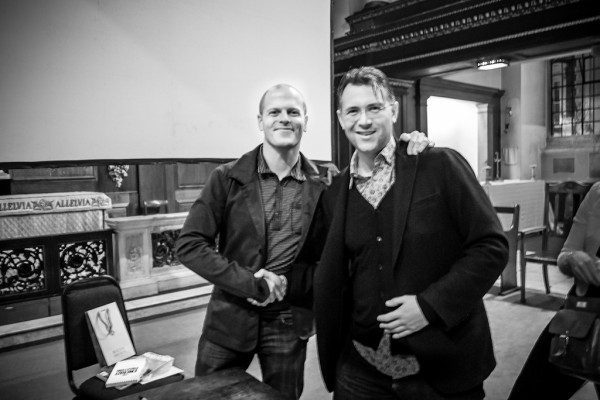
It was an honour to meet Tim and to spend some time in such an intimate venue. I’m grateful to my friend Klaus Bravenboer for the invitation. A great night.
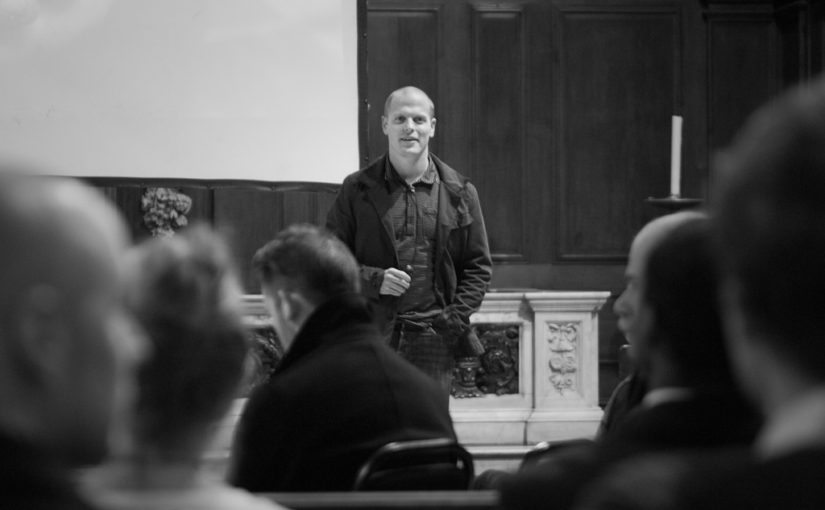
Great summary of a great evening spent with someone who is not worried about asking and thinking different.
Thanks Janek. Tim was such an understated and warm guy. Great to see him in person.
Just read your best books on social media and Tim’s blog…. Great stuff!